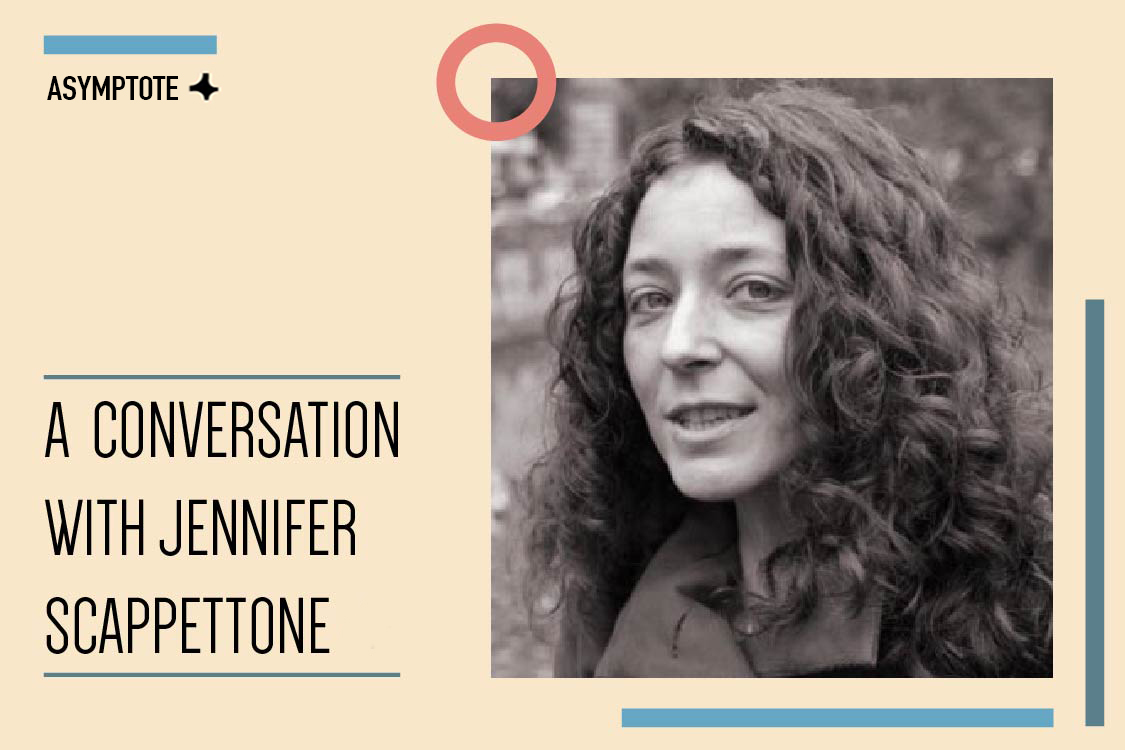Amelia Rosselli’s work is deeply marked by her family and personal history. Born in 1930 to a British activist and a martyred Italian-Jewish antifascist, she lived as an eternal outsider in France, the US, the UK, and Italy. A polyglot with persistent depression, her poetry challenges. It challenges the confines of genre and conventional syntax, it challenges the society with which she was ever at odds, and it challenges the reader to accompany her through her brave literary wanderings. Rosselli ended her own life by jumping out the window of her fifth-floor apartment in Rome in 1996.
Obtuse Diary, published by Entre Rios Books in late 2018, is the first and only collection of Rosselli’s prose. The writing spans a number of years and is organized into three sections and two illuminating afterwords, one by the author and one by one of the translators. Asymptote’s Lindsay Semel spoke with Deborah Woodard and Roberta Antognini, two of the collection’s three translators, about the joys and challenges of rendering Rosselli’s stunning and difficult Italian into English.
Lindsay Semel (LS): Tell me about the origin of this project. How did you come to translate this text together? What was the collaboration process like?
Deborah Woodard (DW): Translating Amelia Rosselli’s Diario Ottuso into Obtuse Diary was quite the saga. It’s a little book, but it took forever to translate. Giuseppe Leporace, my first co-translator, and I brought out some sections of the Diary in The Dragonfly, a selection of Rosselli’s poetry, back in 2009. After we finished The Dragonfly and brought it out through Chelsea Editions, I decided to rework Obtuse Diary and publish it in its entirety. When Giuseppe became too busy to review it with me, he graciously stepped down from the project. On Giuseppe’s suggestion, I worked on the Diary with Vanja Skoric Paquin, a talented young linguist with a particular gift for unraveling snarled syntax. When Vanja gave birth to her daughter she, in turn, stepped down. A year or so passed, and then I recommenced with Dario De Pasquale. Dario and I tore the earlier translation apart, sentence by sentence. When Dario became too busy to continue to translate with me (do we see a pattern here?), I was extremely fortunate to join forces with Roberta, my current—and from here on out, sole—co-translator on the final version. READ MORE…


